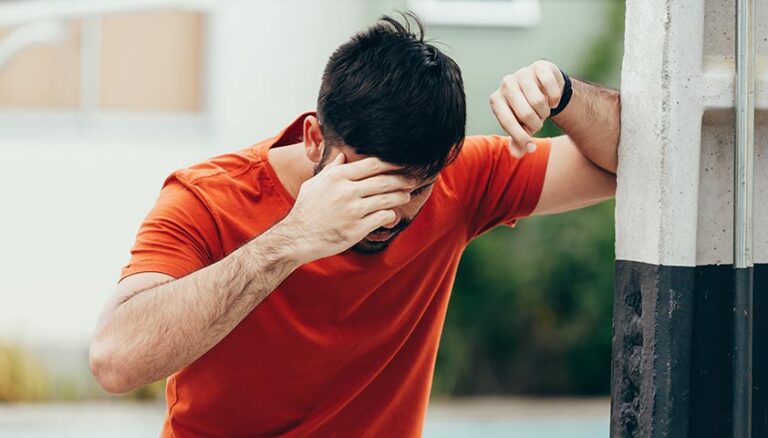Feeling lightheaded can catch you off guard and leave you concerned about what’s behind the sensation. It’s not uncommon to experience dizziness occasionally, but knowing why it happens can make a big difference in managing it. This article will explore potential triggers for lightheadedness, ways to address it on your own, and when it’s time to seek support from a healthcare professional.
Lightheadedness and You
Lightheadedness is often described as a sensation of being unsteady or faint, as if the room might spin or you’re about to lose your balance. It’s not always a sign of something serious but can be unsettling when the cause isn’t immediately clear. Dizziness may come and go, last for only a moment, or linger longer depending on the root cause. The experience can vary from person to person. Some individuals describe it as a feeling of floating, while others may feel weak or off-center. Regardless of how it feels to you, understanding what might be triggering it can help you better manage the situation.
Common Triggers of Dizziness
There are several reasons why you might feel lightheaded, many of which are harmless but worth paying attention to. Some of the most common include the following:
- Dehydration: If your water intake is too low, dehydration could leave you feeling dizzy and weak. This is especially common after exercise or during hot weather.
- Low Blood Sugar: Skipping meals or going too long between eating can lead to a drop in blood sugar, which may result in lightheadedness.
- Medication Side Effects: Certain medications, including those that lower blood pressure or cause drowsiness, are often linked to dizziness.
- Sudden Stands: Moving too quickly from sitting or lying down to standing can reduce blood flow to the brain momentarily, causing what’s called orthostatic hypotension.
- Inner Ear Issues: The inner ear plays a role in balance. Problems like infections or fluid buildup can interfere, leading to dizziness.
- Stress or Anxiety: Emotional stress and anxiety can sometimes bring on dizziness, often accompanied by rapid breathing or tension.
These are just a few examples, but there are other physical or environmental reasons that could play a role in feeling unsteady.
Caring for Lightheadedness Yourself
If your dizziness doesn’t feel severe, there are simple steps you can take at home to help ease the sensation. Start by sitting or lying down to steady yourself until you feel balanced again. If dehydration might be the issue, drink water slowly and give your body time to recover.
Having regular meals and snacks can help stabilize your blood sugar levels. If your dizziness occurs after standing too quickly, try moving from one position to another more gradually. Relaxation techniques—such as deep breathing or mindfulness—are useful for reducing stress-related dizziness. These methods might also help calm the feeling when stress seems to overwhelm you.
When to Seek Specialized Care
While dizziness is often manageable on your own, there are situations where professional evaluation is the right course of action. Consider seeking care if your dizziness is frequent, lasts longer than a few minutes, or is accompanied by serious symptoms like chest pain, blurred vision, or difficulty speaking.
Healthcare specialists can help identify underlying causes and provide tailored solutions for treatment based on your specific situation.
Moving Forward Without Feeling Dizzy
Feeling lightheaded isn’t unusual, but understanding its triggers can help you take steps to manage it effectively. From staying hydrated to making gradual movements and finding ways to ease stress, these small adjustments can make a big difference. If dizziness continues or feels particularly disruptive to your life, reaching out for professional guidance is a proactive way to take control of your health. Don’t hesitate to explore support options—you don’t have to manage it alone.

